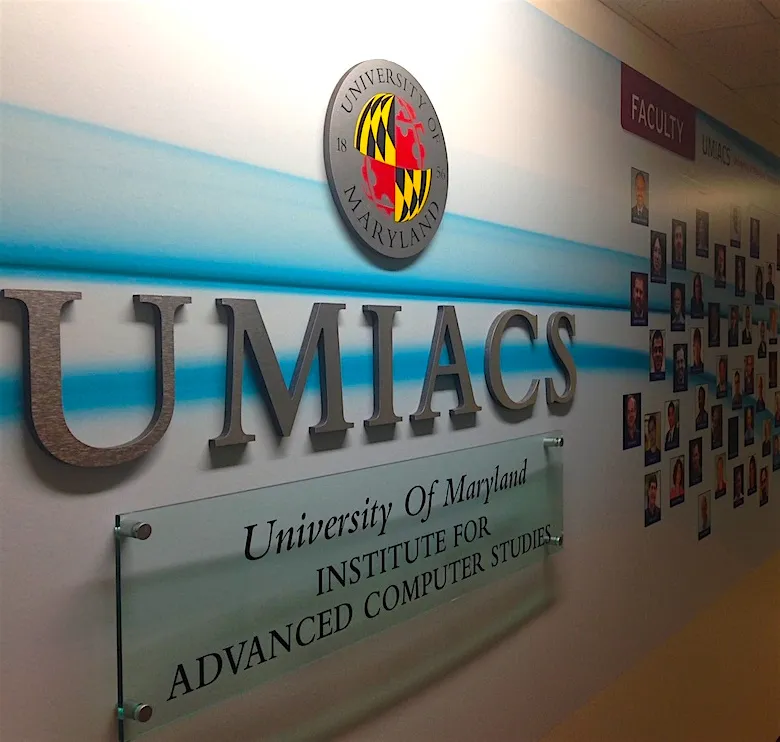
Five new faculty will join the University of Maryland Institute for Advanced Computer Studies (UMIACS) in the next few months, bringing an impressive array of research skills focused on quantum information science, machine learning, artificial intelligence, cancer genomics, and more.
The new appointments will swell the ranks of the UMIACS research community to more than 80 tenure-track faculty and almost a dozen research scientists, many of whom work in the institute's 16 labs and centers.
"We are pleased to welcome these talented faculty to the University of Maryland," says Mihai Pop, professor of computer science and interim director of UMIACS. "They each embody the basic mission of UMIACS—using powerful computational tools to advance new discoveries that have a positive impact on society."
Xiaodi Wu starts June 16 as an assistant professor of computer science in the Joint Center for Quantum Information and Computer Science (QuICS). As a QuICS Fellow, Wu will continue his work on the theoretical aspects of quantum information and computation, which includes classical and quantum cryptography, quantum communication, quantum algorithms, and more.
Prior to coming to UMD, Wu was an assistant professor in the Computer and Information Science Department at the University of Oregon. He received his doctorate in theoretical computer science from the University of Michigan, Ann Arbor in 2013.
Daniel Abadi, Furong Huang and Jordan Boyd-Graber start their UMIACS appointments on July 1.
Abadi will have a tenure-track appointment as a professor of computer science. His research interests involve database system architecture and implementation, especially at the intersection with scalable and distributed systems. Before coming to UMD, he was an associate professor of computer science at Yale University.
Abadi is the recipient of numerous academic awards, including an NSF CAREER Award and a Sloan Research Fellowship. He received his doctorate in computer science from MIT in 2007.
Huang will have a tenure-track appointment as an assistant professor of computer science. She works on machine learning, high-dimensional statistics and distributed algorithms—both the theoretical analysis and practical implementation of parallel spectral methods for latent variable graphical models.
Huang recently completed a postdoctoral position at Microsoft Research in New York. She earned her doctorate in electrical and computer engineering from the University of California, Irvine in 2016.
Boyd-Graber will rejoin the Computational Linguistics and Information Processing (CLIP) Laboratory as an associate professor of computer science, with additional appointments in the iSchool and the Language Science Center. He was previously a member of the CLIP lab from 2011 to 2014.
His research is focused on making machine learning more useful, more interpretable, and able to learn and interact from humans.
Boyd-Graber was the 2015 recipient of the Karen Spärk Jones award and has received an NSF CAREER Award. He earned his doctorate in computer science from Princeton University in 2010.
Max Leiserson joins the Center for Bioinformatics and Computational Biology on August 1 as an assistant professor of computer science. He develops algorithms and mathematical models to study biological processes, including cancer genomics, where he compares the differences between the genomes of healthy tissue and cancerous tissue in the same individual.
Leiserson just completed a year as a postdoctoral researcher at Microsoft Research New England. He received his doctorate in computer science and computational biology from Brown University in 2016.
—Story by Melissa Brachfeld